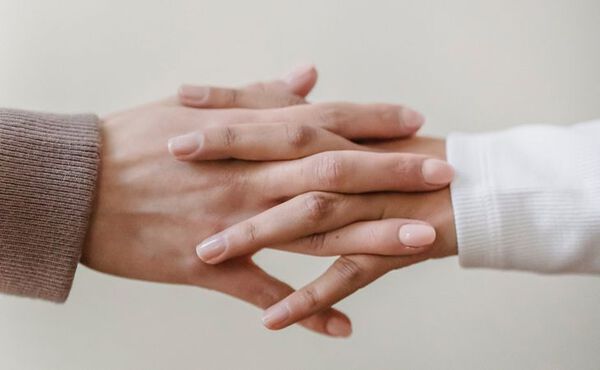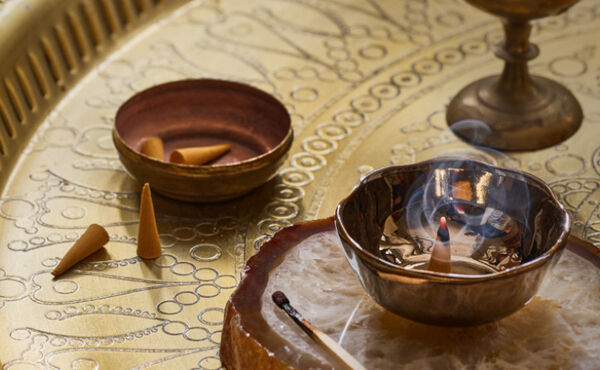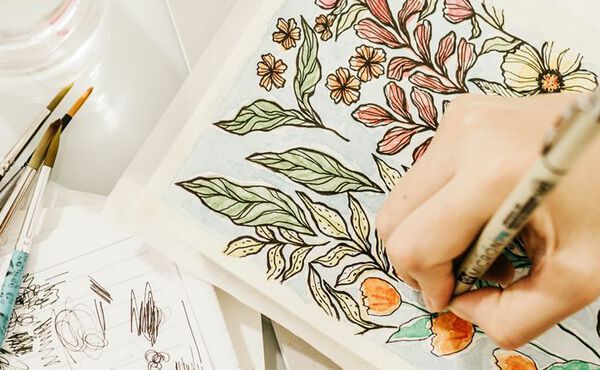“What is love?” Haddaway sang in 1993. Well, according to the Ancient Greeks love is more than just romance. Here’s a look at 8 different types.
What is love? What is happiness? What is success? It seems that on our quest to live a life fulfilled, these are the most commons questions we ask ourselves. The ancient Greeks have brought us much wisdom and many innovations we still use today, so we thought to go back in time to see what they knew about love. Read on for more and discover how knowing what you’re feeling will boost your happiness in life.
Happiness, love and life are intertwined and are a large part of our emotional wellbeing. Our happiness is often linked to being loved, as it makes us feel accepted, understood and gives us a sense of belonging. However, we can search for love in the wrong places or our expectations can even cause us to miss the true love and happiness that’s right in front of us. When we think of love, we often think of fairy tale endings, an ideal we learned as a small child watching Disney princess movies. Never mind what happened to the happy couple after the screen fades to black.
...and they lived happily ever after. THE END” –every Disney princess movie ever made
But love is a complex and powerful force, one that plays out in a multitude of ways and in many different contexts, and it can grow and change over time. You might say that you love your spouse, your family, your best friend, your job or even inanimate, material objects –things that could never give back the love you bestow upon them. So how would that make you happy? Let’s look into these different types of love and how to know which you’re feeling, and why it’s important to factor each type into your relationships for overall life happiness and satisfaction.
1. Eros – Romantic love
Eros is the first kind of love, named after the Greek god of fertility, and in real life this translates to romance, passion, desire and attraction. It describes the intoxicating and thrilling emotions that you feel in the first stages of a relationship. In Greek myth, it is a form of madness created by one of Cupid’s arrows. Think “head over heels” and “love at first sight”, like Paris did with Helen of Troy.
Eros is a flame that burns hot and bright and – over time, this type of love will often morph into another type – but the flame needs to fanned with other facets of love or else it will die out.
2. Philia – Affectionate love
Philia is the love that develops over a deep, long-lasting friendship. It's platonic, respectful and you care deeply about that friend knowing you can confide in them and trust them to the ends of the earth. You might say that a friendship like this is just as powerful as a romantic relationship, where a “break-up” could wreak similar havoc with your emotions.
In an age where friends have morphed into anonymous followers on social media, it’s more important than ever to spend quality time with your real friends and let them know how much they mean to you. Because friendship has been recognised and studied as a correlate of happiness since the early 1930s.
3. Storge – Familiar love
Another kind of Philia, Storge signifies the parent-child love that indicates a strong bond, kinship and familiarity, but it can also be a love shared between close family friends or friends you’ve known since you were a child. It’s a love that will withstand the test of time. This emotional connection is strongly linked to memories, the more meaningful memories you create, the deeper your relationship, the happier you will be.
4. Ludus – Playful love
The fourth type of love valued by the Ancient Greeks was playful love. We’ve all had a taste of it in the flirting and light-hearted teasing in the early stages of a relationship, before all the seriousness starts, or when we’re out at a bar dancing with strangers. The key here is having fun, being flirty and feeling giddy – sometimes even with no strings attached.
Playfulness in a relationship is what keeps it alive, exciting, unusual, and – bonus – it brings about those wonderful little butterflies in the stomach.

5. Pragma – Enduring love
Pragma is a love built on commitment, duty, understanding and has matured and developed over time. It’s not just physical love or friendship, it’s gone beyond that. Though not easily found, it’s a practical kind of love between two people who have given it their all, have compromised and truly worked hard to maintain the love we’re all so eagerly seeking. Think married couples who’ve been together for ages, or decade-old friendships.
It’s important to remember to cherish those who’ve stood by your side all this time. Taking care of those close to you, fostering these meaningful bonds, will reward you in the form of emotional bliss and joy.
6. Mania – Obsessive love
This refers to an obsessive love style when there’s an imbalance between both parties, between Ludus and Eros. Instead of feeling equal, safe and accepted, one might need constant reassurance from their partner, establishing a level of emotional co-dependency that could lead to jealousy and possessiveness. Let’s just say that in this case it’s better to have never loved at all. Danger Will Robinson!
7. Agape – Universal love
This love is selfless, unconditional and bigger than ourselves. Agape, or charity, can be defined as the ‘unselfish concern for the welfare of others’. It doesn’t require a biological bond, or a (romantic) relationship that dates back to the Middle Ages, it just is. There is nothing to question about this universal loving-kindness, how you feel about a person, or all living things for that matter, you just love them without expecting anything in return. It’s probably the purest type of love there is.
Perhaps because these individuals are so accepting, they tend to rate themselves as very happy and have very high levels of relationship satisfaction.
8. Philautia – Self love
We’ve got romantic love, playful love, scary love and unconditional love – but could this one be the most important type of love there is? After all, if we can learn to love and accept who we are, aren’t when then better equipped to love others deeply, too? The Greeks understood early on that in order to care for and love others, we must first be able to direct these emotions inwards. It may seem obvious, but the relationship we have with ourselves is the one we’ll be in the longest. An ideal practice for people who want to improve relationships with others and most importantly, with themselves, is this short meditation video by Erica Jago.
No matter who, what or how you're loving, giving and receiving love is one of life's greatest joys.
Who wouldn’t want to give – or receive – the gift of kindness, joy or gratitude? Discover our collection of Soulful Rituals especially designed to help share love, amplify feelings of happiness, or enhance good fortune. As a gift or for yourself, the new Limited Edition helps cultivate a journey towards a life more fulfilled, a soul enriched, a mind relaxed.







